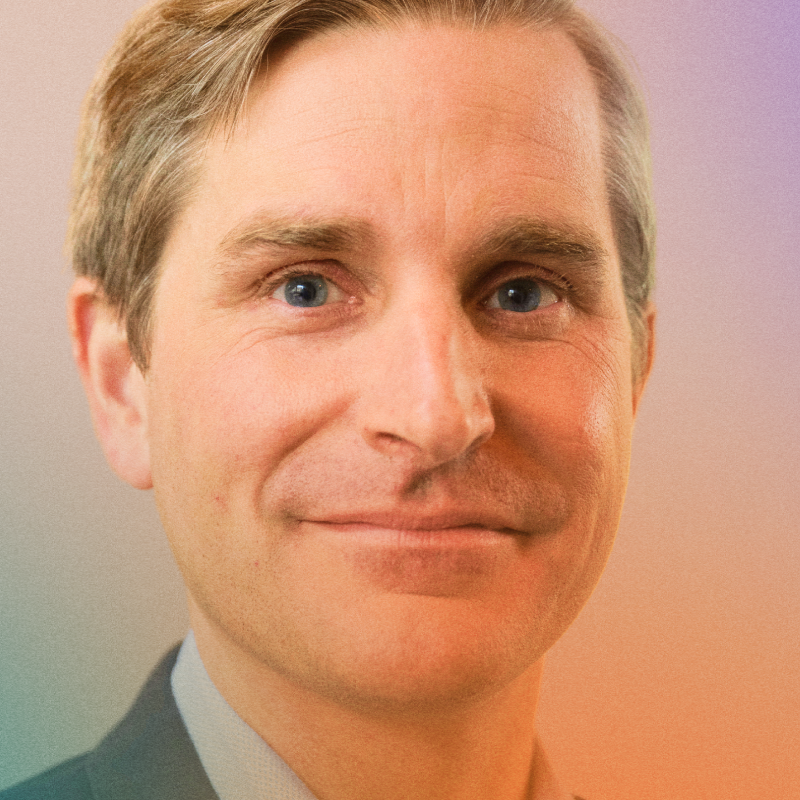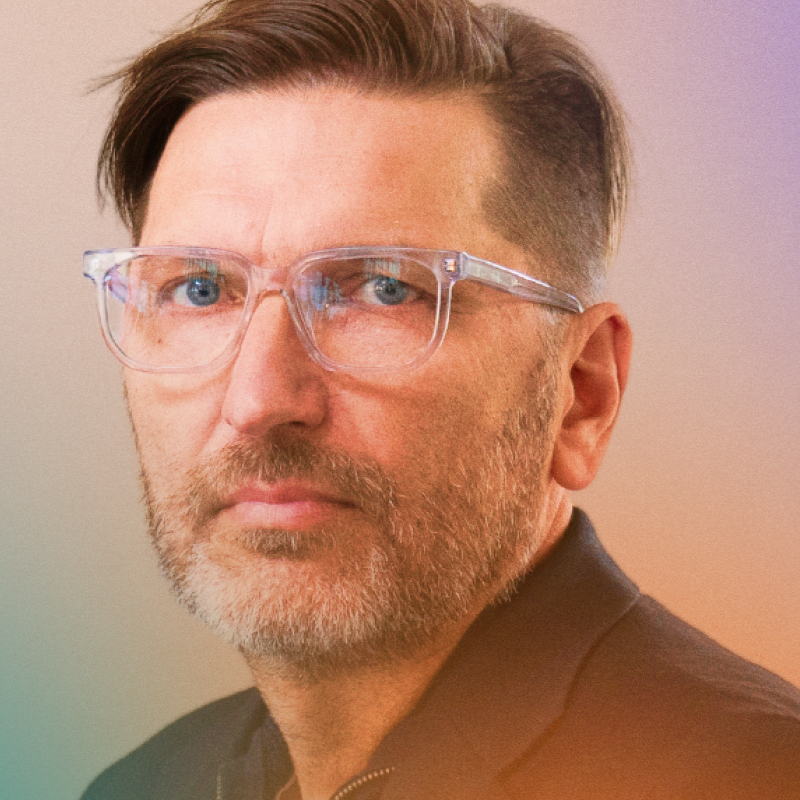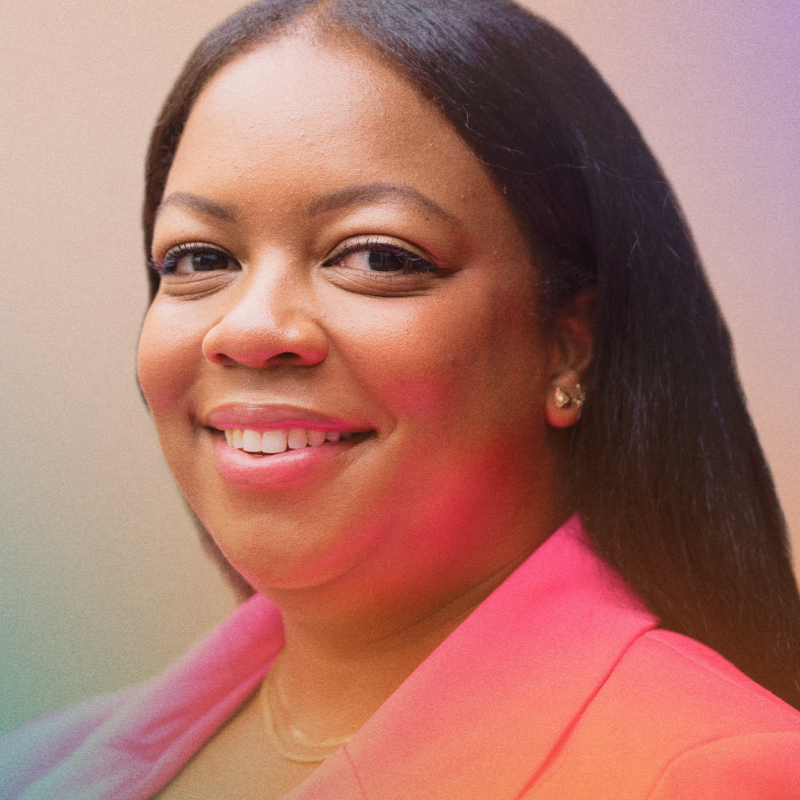Mozilla seeks new leader for its movement-building arm
As Mark Surman steps into President role, Mozilla seeks a new Executive Director to lead its non-profit programs
___
Today, Mozilla is announcing the search for a new Executive Director to lead its non-profit movement-building programs.
Mozilla sees itself as both an instigator and collaborator in the effort to shift the tides of tech. We break every conventional notion about what a tech company is. In fact, we don’t fit the traditional definition of ‘tech company’ at all. We’re a non-profit that champions privacy, human dignity and an open internet. We do this in two ways: by creating and investing in responsible tech products like Firefox that have the potential to ‘shape the market’ in a better direction; and by using philanthropic and advocacy muscles to ‘fuel a movement’ of people committed to creating a healthier internet. Together, all of these efforts make up: Mozilla.
Over the past few years, Mozilla’s leadership — including CEO and Chairwoman Mitchell Baker and President and Executive Director Mark Surman — have been working to expand the scope of this work. Surman has been focused both on pointing to the Foundation’s movement-building programs at the challenge of creating trustworthy AI and on expanding the Mozilla portfolio to include a new venture capital arm and a commercial AI R+D lab. Starting in 2024, Surman will move full time to work on this growth and expansion work, remaining as Mozilla Foundation President. This is all part of an intentional effort to tee Mozilla up to have more impact over the next 25 years.
With this change, we are seeking a new Executive Director to lead the Foundation’s movement-building programs. Currently, the Foundation has two core programs:
- Global Programs funds, convenes, and synthesizes the movement to increase the diversity, cohesion and impact of people working on internet health issues globally. The team has conducted research on AI transparency best practices; given grants to professors teaching young computer scientists to tackle AI bias; and run events that connect people building new models for data governance focused on empowerment and agency.
- Global Advocacy activates a grassroots approach to the movement, improving internet health by creating meaningful changes in consumer tech products and tech policy globally. For example, the team has successfully mobilized tens of thousands of people to shine a light on how YouTube algorithms drive misinformation; pushed on companies to change their products in ways that improve privacy; and educated the broader public about biased AI.
The Foundation’s programs are supported by a Strategic Operations team that ensures that both staff and our most active collaborators have the strategic frameworks, resources, data and systems they need to advance our internet health agenda and grow the movement.
Through its programs, the Foundation also works closely with a community of fellows, alumni and partners from around the world. Through these programs, the Foundation works closely with a community of fellows, alumni and partners from around the world. This includes everyone from researchers tackling bias and discrimination in AI to data scientists scrutinizing the impact of tech platforms to gig workers taking control over their data. The Foundation also works in partnerships with more than a dozen other foundations who share their commitment to growing the movement for a healthy internet.
The new Executive Director will be taking over this work at an exciting and pivotal moment. Says Mark Surman: “More and more people are realizing the need more responsible tech products — and a movement that mobilizes people to reclaim the internet. Bringing in a new Executive Director will let us double down on the movement-building side of this equation. This is an opportunity for someone to not only help shape the future of Mozilla, but also the future of the internet.”
In its search for a new Executive Director, Mozilla is seeking someone with a proven record of taking a strong, established organization and making it stronger, bigger and more impactful. While they need not be an engineer or computer scientist, they should already be established as a leader on technology issues, understanding how they intersect with social trends — and then mobilizing people to join campaigns, contribute to research, and build technology that shows that a different future is possible.
It’s critical that the next Executive Director embrace and exemplify Mozilla’s core values, including a commitment to open source, trustworthy tech and community building. They will be an open, dynamic and inspirational leader to the global staff, driving strategic focus to ensure all staff are clear on how their specific roles contribute to the wider strategic context. The Executive Director also needs to be an accomplished fundraiser, with an ability to work comfortably with a wide variety of audiences from grassroots leaders to government officials to tech company executives.
Reporting to Mozilla Foundation’s Program Board, which is a subset of the overall Foundation Board, the ED will oversee an engaged staff of 100 who bring deep experience across technology, philanthropy and advocacy – and $30M in budget. The Executive Director is a part of Mozilla’s overall senior leadership team, serving as an ambassador to and bridge between Foundation’s programs and Mozilla’s business entities.
The full job specification is here. If you are interested in applying or have recommendations, please reach out to our recruiting firm, Russell Reynolds, at this email address: mozillafoundationed@russellreynolds.com


